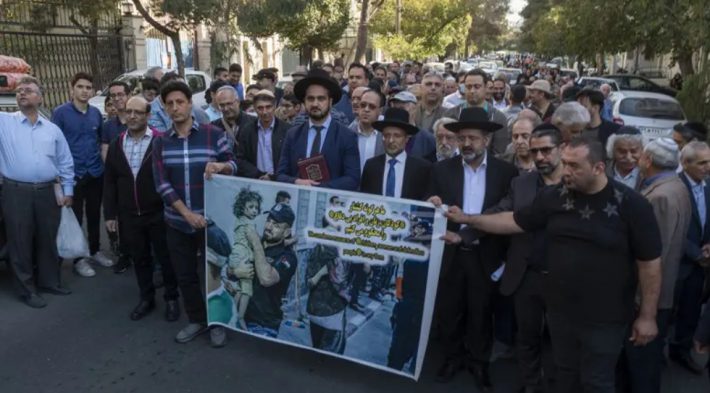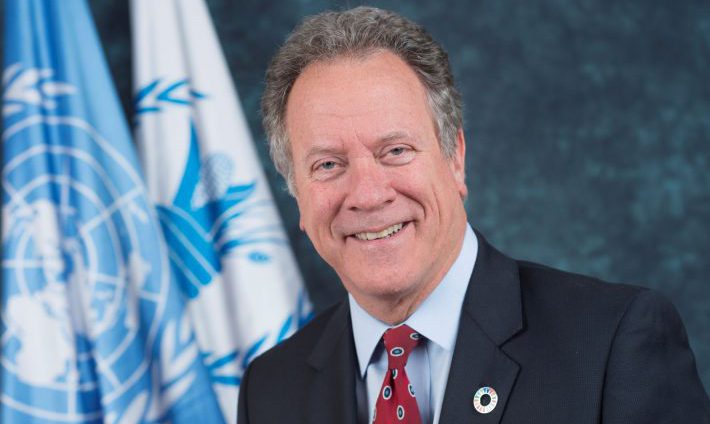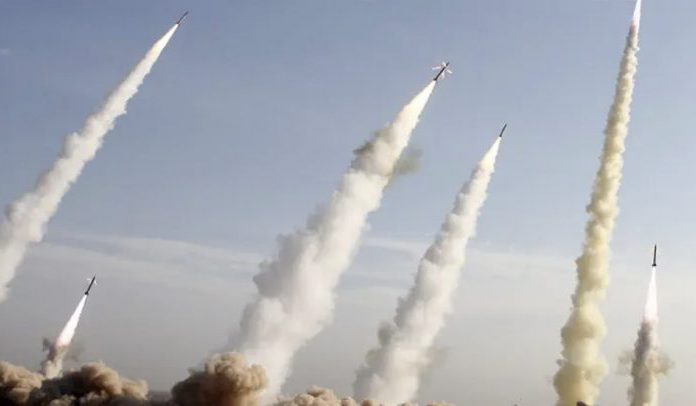In a rare move defying global political narratives, Iran’s Jewish community rallies to send aid and condemn Israel’s actions in Gaza.
In a striking gesture that challenges global perceptions, the Jewish community of Isfahan, Iran, has launched a humanitarian campaign to support the people of Gaza — directly condemning Israel’s military actions and reaffirming their opposition to Zionism.
Members of the community gathered at the historic ‘David’ Synagogue to collect non-perishable food and essential supplies for shipment to the war-torn enclave. While logistical challenges and the perils of an active war zone limit what can be sent, organizers focused on durable goods that can survive the journey.
Tzion Mahagerpata, a respected community leader, told Iranian media that while the physical aid is vital, the symbolic meaning is even greater:
“This campaign represents our unwavering solidarity with the oppressed people of Palestine. Our faith compels us to stand against injustice, and Zionist agendas do not represent Judaism.”
The head of the Jewish Association of Isfahan went further, drawing a sharp line between Zionism and Judaism:
“Around the world, Jews reject the violence and oppression tied to Zionism. Such acts are incompatible with the divine principles of any religion. It is humanity’s duty to end this oppression.”
In an official statement, the association denounced the “inhumane and barbaric acts of the Zionist regime”, pledging full support for Gaza’s civilians:
“We will use all our available resources to assist the oppressed and needy.”
Mahagerpata stressed that despite the difficulty of sending aid from Iran due to war conditions and geographical barriers, this act of charity — though small in scale — is a meaningful step toward justice. He called upon the Islamic Republic and the Iranian people to continue their united efforts for Gaza.
This rare public stance from an Iranian Jewish community not only underscores religious and humanitarian solidarity but also shatters the stereotype that political conflicts define interfaith relations.In a striking gesture that challenges global perceptions, the Jewish community of Isfahan, Iran, has launched a humanitarian campaign to support the people of Gaza — directly condemning Israel’s military actions and reaffirming their opposition to Zionism.
Members of the community gathered at the historic ‘David’ Synagogue to collect non-perishable food and essential supplies for shipment to the war-torn enclave. While logistical challenges and the perils of an active war zone limit what can be sent, organizers focused on durable goods that can survive the journey.
Tzion Mahagerpata, a respected community leader, told Iranian media that while the physical aid is vital, the symbolic meaning is even greater:
“This campaign represents our unwavering solidarity with the oppressed people of Palestine. Our faith compels us to stand against injustice, and Zionist agendas do not represent Judaism.”
The head of the Jewish Association of Isfahan went further, drawing a sharp line between Zionism and Judaism:
“Around the world, Jews reject the violence and oppression tied to Zionism. Such acts are incompatible with the divine principles of any religion. It is humanity’s duty to end this oppression.”
In an official statement, the association denounced the “inhumane and barbaric acts of the Zionist regime”, pledging full support for Gaza’s civilians:
“We will use all our available resources to assist the oppressed and needy.”
Mahagerpata stressed that despite the difficulty of sending aid from Iran due to war conditions and geographical barriers, this act of charity — though small in scale — is a meaningful step toward justice. He called upon the Islamic Republic and the Iranian people to continue their united efforts for Gaza.
This rare public stance from an Iranian Jewish community not only underscores religious and humanitarian solidarity but also shatters the stereotype that political conflicts define interfaith relations.





